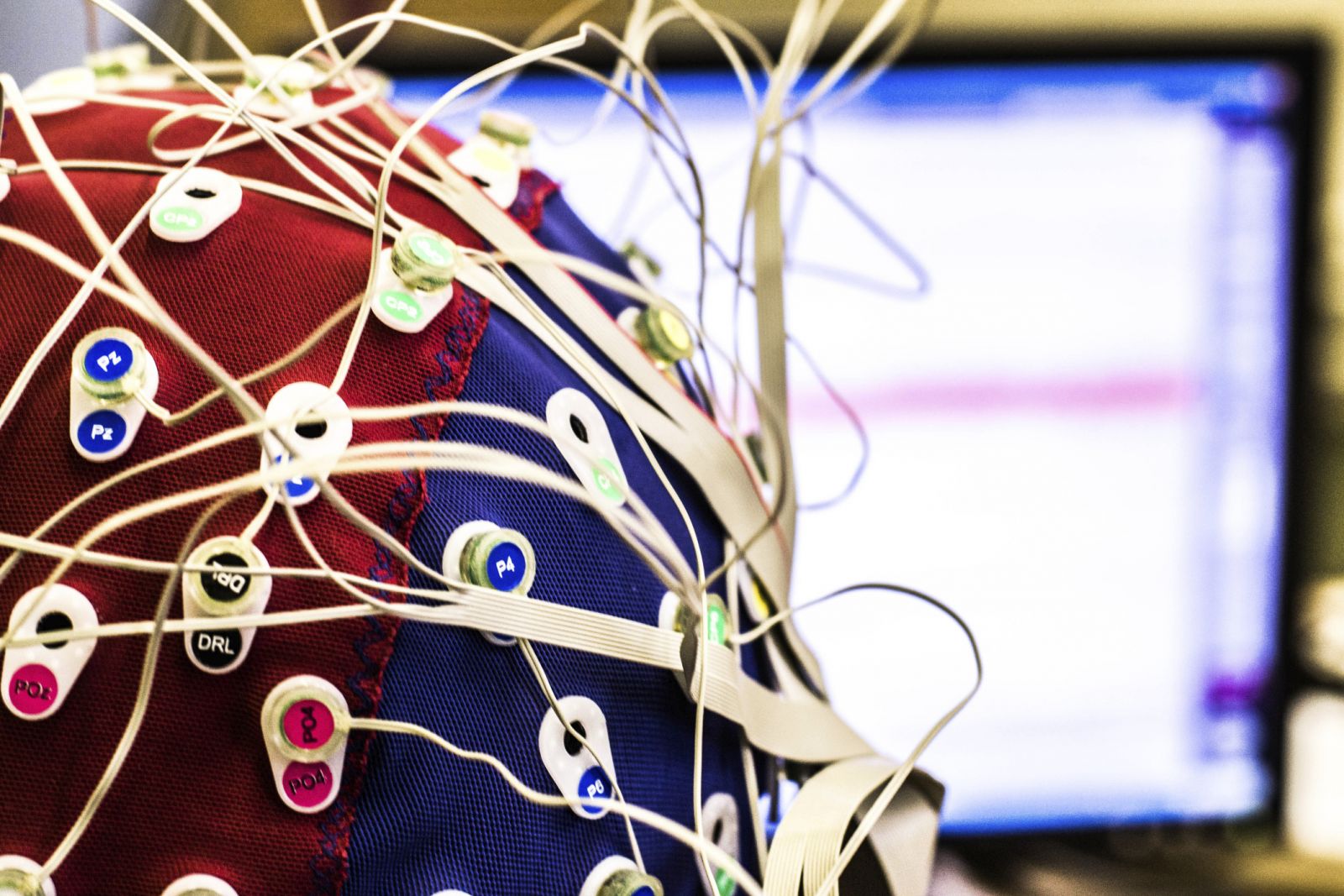There are several types of sleep disorders, including insomnia, sleep apnea, and unsettled leg syndrome. Insomnia is defined by difficulty going or remaining asleep, while slumber apnea entails pauses in breathing during slumber. Unsettled leg syndrome causes discomforting sensations in the limbs, resulting to an irresistible urge to move them. Each of these disorders can disturb the normal slumber cycle, which consists of various stages, including light sleep, profound sleep, and REM (rapid eye movement) slumber. Each stage holds a crucial role in preserving overall brain health and function.
When sleep disorders disturb with these stages, brainwave activity can become irregular. For instance, during deep sleep, the mind produces gentle delta waves, which are essential for bodily restoration and recall consolidation. If a person undergoes frequent awakenings or does not attain deep sleep, the production of these delta waves is reduced. This can lead to difficulties in acquiring new knowledge and retaining memories. Additionally, REM sleep, which is associated with fantasizing and emotional processing, is also impacted. Interruptions in REM sleep can lead to problems with affective regulation and inventiveness.
The impact of sleep disorders on mental function is significant. Research has shown that people with sleep disorders often experience challenges with focus and concentration. This can affect their performance at school or work, making it difficult to complete tasks or participate in discussions. Furthermore, chronic sleep deprivation can lead to mood changes, heightened stress, and even nervousness or depression. These cognitive and emotional challenges can create a vicious cycle, where poor sleep results to mental difficulties, which in turn can lead to more sleep problems.
Tackling slumber disorders is essential for enhancing neural wave activity and mental function. Therapeutic options may include lifestyle changes, such as creating a consistent sleep schedule, creating a cozy sleep environment, and engaging in relaxation techniques. In some cases, medical sleep disorder screening with qEEG intervention may be necessary, such as employing a CPAP machine for slumber apnea or medication for sleeplessness. By valuing sleep and seeking appropriate care, people can enhance their overall cognitive abilities and improve their quality of life. Comprehending the relationship between sleep disorders, brainwave activity, and mental function is an important step toward better health and wellness.
